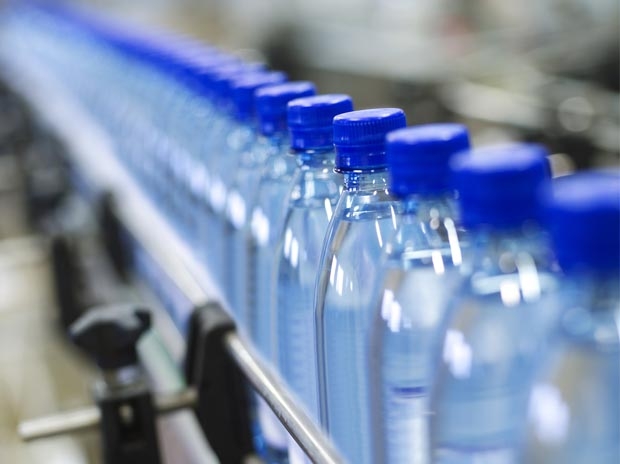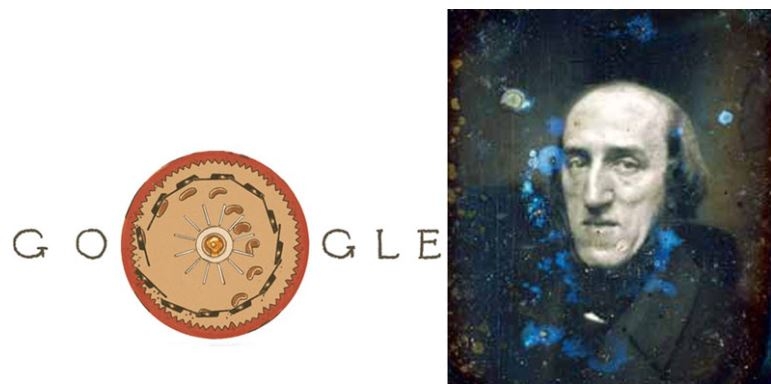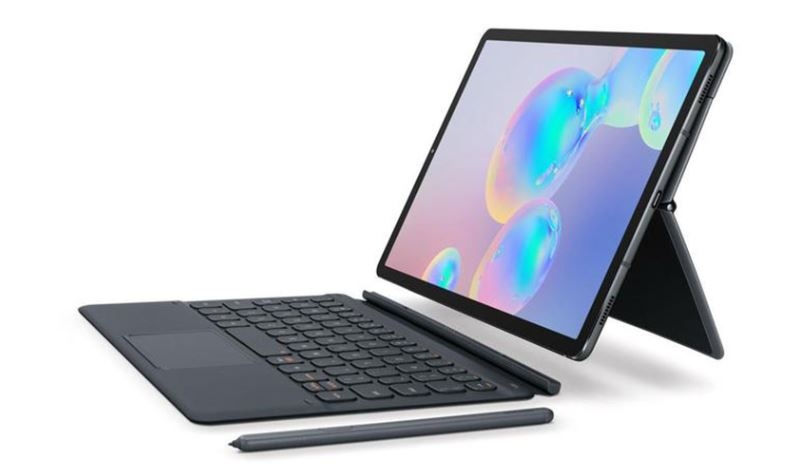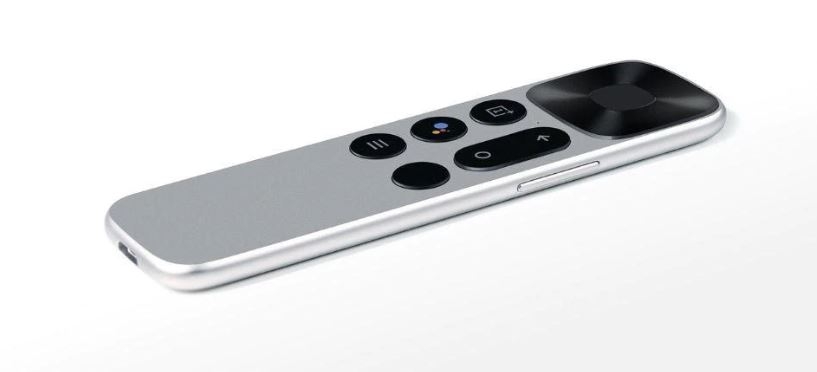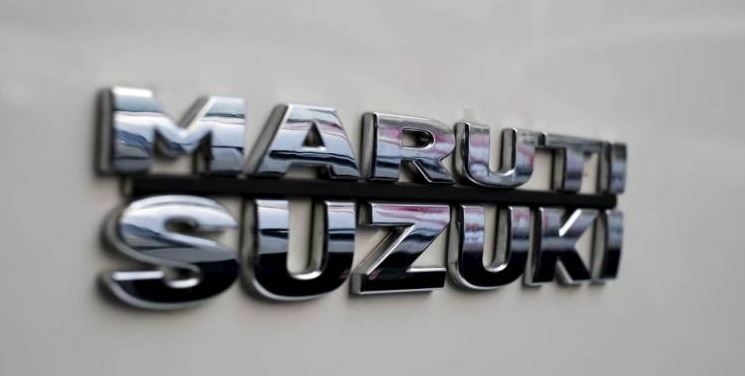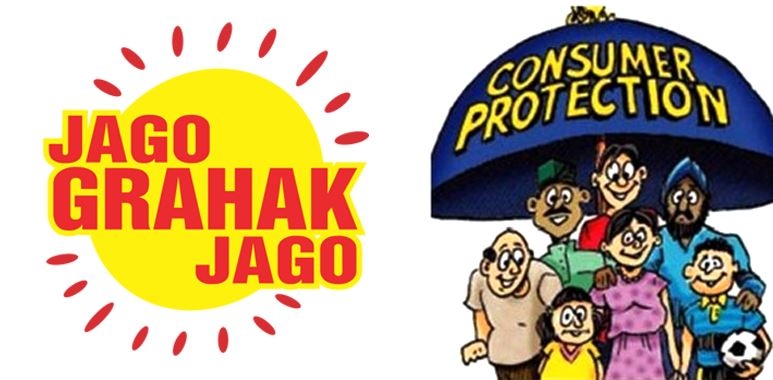In what would come as a jarring statistic for the billion-dollar packaged water industry, three out of ten units of so-called mineral water sold across India have been found to be contaminated. This was stated by Minister of Consumer Affairs, Food and Public Distribution C R Chaudhary while replying to a question in Lok Sabha on Tuesday.Chaudhary stated that the Food Safety and Standard Authority of India (FSSAI) had undertaken an exercise to test 743 samples in 2016-17. Out of these samples, almost a third, or 224 samples of packaged water were found to be not conforming to safety standards set in India.After finding such large samples to be contaminated, FSSAI launched cases against 131 manufacturers of these packaged water bottles. In the end, 33 were convicted and penalties were imposed on 40.
The minister did not elaborate on the nature of the penalties.The Food Safety and Standards Authority of India (FSSAI), which is the regulator for ensuring food quality, states “No person shall manufacture, sell or exhibit for sale packaged drinking water and mineral water except under Bureau of Indian Standards (BIS) certification mark”.According to FSSAI guidelines, packaged water is deemed safe if, after being procured from sources, it is disinfected to a level where it does not adversely affect health. It can be disinfected by means of chemical agents or physical methods such as distillation, which will reduce the number of micro-organisms to a level scientifically acceptable for food safety.Manufacturers were not just guilty of producing contaminated water by not following the prescribed standards, some were even found to be flouting Bureau of Indian Standards (BSI) ‘Standard Mark’ guidelines. As per the government, the BIS has received 55 complaints in the past three years. Till February 2018, twenty-three complaints about packaged drinking water were established and action taken. Complaints were also received over misuse of BIS mark by the sellers.
Following investigation, 192 search-and-seizure operations were conducted at the bottling units during the past three years and in the current year, till February.
In what would come as a jarring statistic for the billion-dollar packaged water industry, three out of ten units of so-called mineral water sold across India have been found to be contaminated. This was stated by Minister of Consumer Affairs, Food and Public Distribution C R Chaudhary while replying to a question in Lok Sabha on Tuesday.Chaudhary stated that the Food Safety and Standard Authority of India (FSSAI) had undertaken an exercise to test 743 samples in 2016-17. Out of these samples, almost a third, or 224 samples of packaged water were found to be not conforming to safety standards set in India.After finding such large samples to be contaminated, FSSAI launched cases against 131 manufacturers of these packaged water bottles. In the end, 33 were convicted and penalties were imposed on 40.
The minister did not elaborate on the nature of the penalties.The Food Safety and Standards Authority of India (FSSAI), which is the regulator for ensuring food quality, states “No person shall manufacture, sell or exhibit for sale packaged drinking water and mineral water except under Bureau of Indian Standards (BIS) certification mark”.According to FSSAI guidelines, packaged water is deemed safe if, after being procured from sources, it is disinfected to a level where it does not adversely affect health. It can be disinfected by means of chemical agents or physical methods such as distillation, which will reduce the number of micro-organisms to a level scientifically acceptable for food safety.Manufacturers were not just guilty of producing contaminated water by not following the prescribed standards, some were even found to be flouting Bureau of Indian Standards (BSI) ‘Standard Mark’ guidelines. As per the government, the BIS has received 55 complaints in the past three years. Till February 2018, twenty-three complaints about packaged drinking water were established and action taken. Complaints were also received over misuse of BIS mark by the sellers.
Following investigation, 192 search-and-seizure operations were conducted at the bottling units during the past three years and in the current year, till February.








